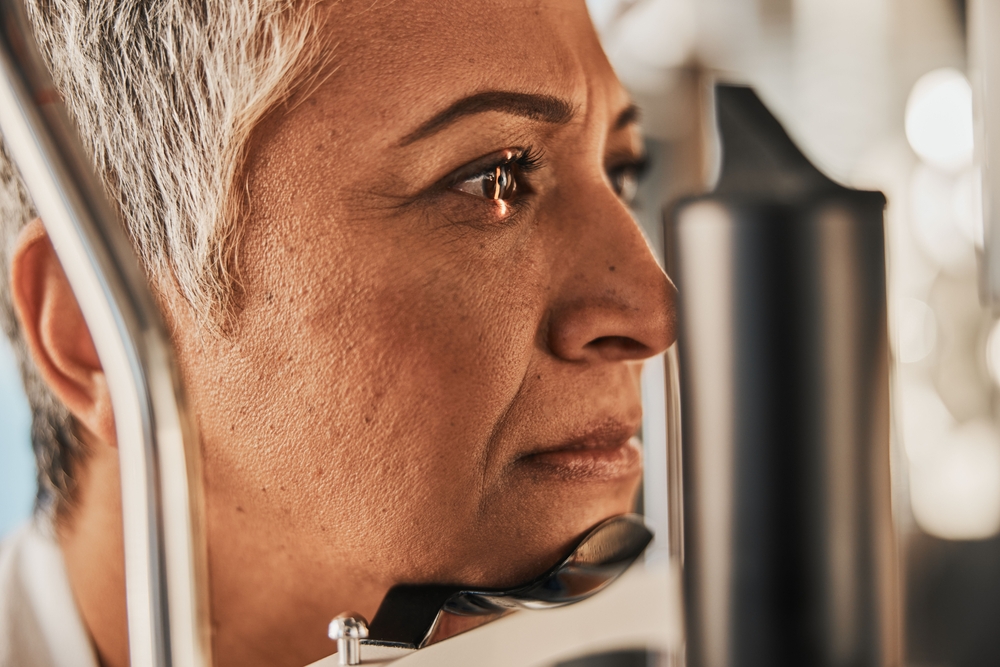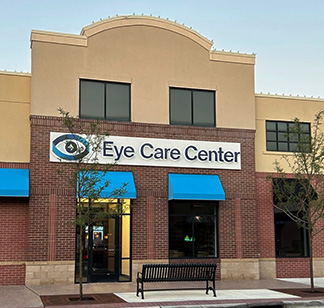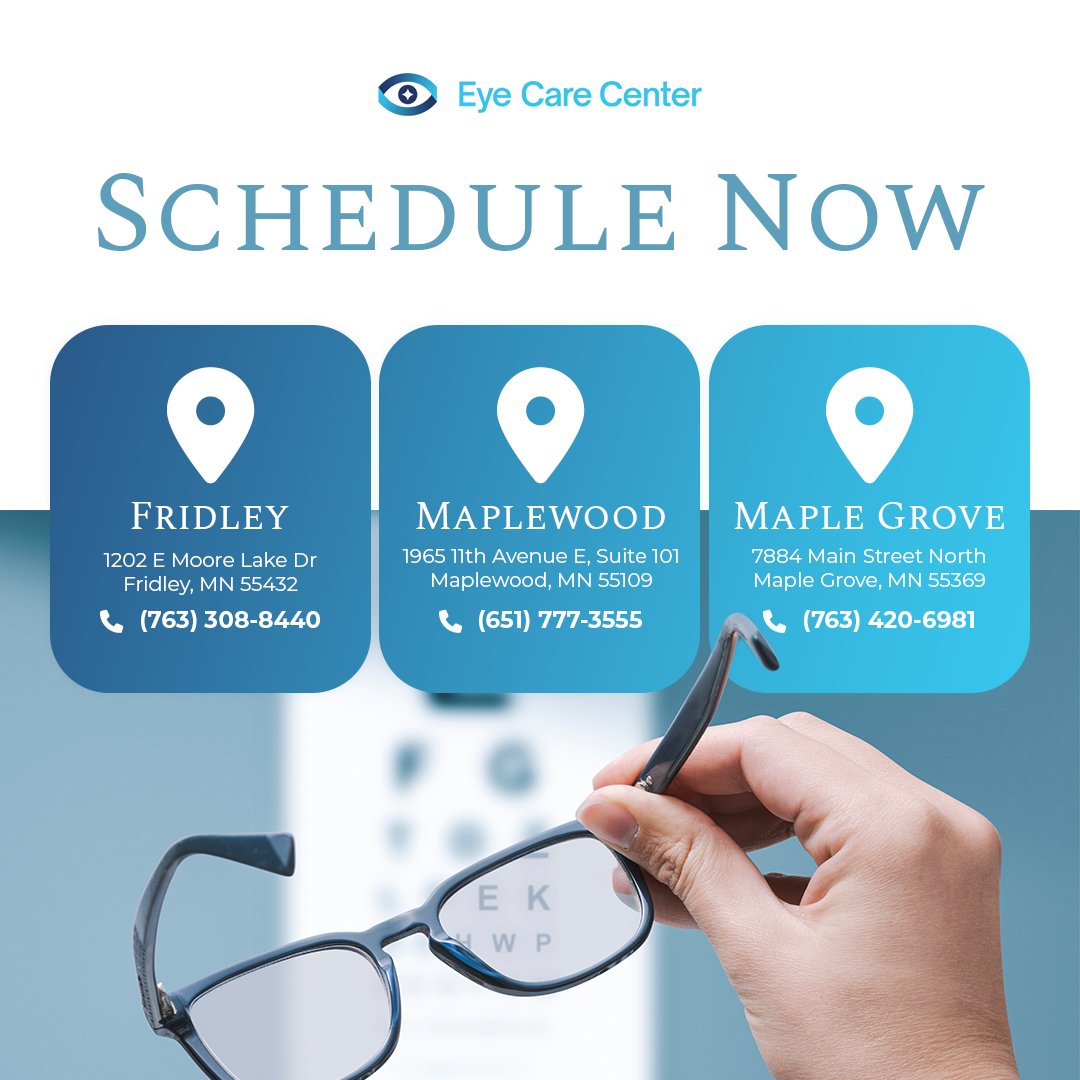
Cataracts cause the eye lens to become cloudy, which usually affects vision over time. While the condition is more common as people get older, it can affect anyone, regardless of age. Congenital cataracts often develop during conception. Cataracts due to genetic disorders can affect individuals from birth or develop during childhood or early adulthood. Genetics can increase the risk of developing cataracts later in life.
Developing Cataracts
Cataracts are common as people become older. Studies suggest more than half of seniors over 80 have cataracts or have had them in the past. In most cases, cataracts are due to the natural aging process.
They can also result from injury and other eye and health conditions. People with diabetes have a high risk of developing cataracts. Prolonged sunlight exposure, smoking, and other lifestyle factors can also increase the risk of developing cataracts.
Risk of Getting Cataracts
Studies suggest that genes can play a role in people who develop age-related cataracts. Genetic mutations that influence eye lens shape or color can make the eyes more vulnerable to cataracts. Environmental factors play a major role in who develops the condition.
Other risk factors are:
Smoking
Eye surgery or injury
Prolonged sun exposure
Radiation treatments
Certain medications
Cataracts may run in the family but are more likely to affect specific individuals in the family.
Genetics and Cataracts
Cataracts can be a genetic condition. Inherited disorders and health conditions can increase the risk of developing cataracts. Studies into the molecular genesis of cataracts have identified more than 100 genes and multiple disease-causing genes linked to cataract formation.
Individuals who have family members with cataracts have a high likelihood of developing the condition. While some babies can be born with cataracts, the condition can also develop in childhood. Some congenital cataracts may not be hereditary and can be due to other anomalies or isolated defects.
Causes of Hereditary Cataracts
Cataracts may be due to an inherited condition. Experts suggest for one in five individuals with cataracts, it may be hereditary. Infantile or congenital cataracts may be due to:
Inherited metabolic disorders, such as galactosemia
Chromosomal conditions, such as Down syndrome
Inherited mitochondrial disorders
Genetic mutations that affect the eye lens shape
Genes that increase the risk of developing type 1 diabetes
Genes that can make the eyes more susceptible to exposure to sunlight and other environmental factors can also lead to cataracts.
Genetic Testing for Cataracts
Health experts recommend genetic testing for children with congenital cataracts when the condition is due to inherited disorders. Testing can also help parents or couples with congenital cataracts plan their families.
Tests involve blood screens to look for mutations in the identified genes. If you have genetic risks linked to developing cataracts, talk to your doctor and find out if you need genetic testing. Cataracts are usually mild in the early stages but worsen over time, resulting in vision problems.
There is no treatment to prevent cataracts. Surgery is the only way to get rid of cataracts permanently. However, there are things you can do to prevent the disease. Eat a balanced diet, quit smoking, use protective eyewear, and reduce sun exposure.
For more information on cataracts, visit Eye Care Center at our offices in Fridley, Maplewood, or Maple Grove, Minnesota. Call (763) 308-8440, (651) 777-3555, or (763) 420-6981 to schedule an appointment today.

















